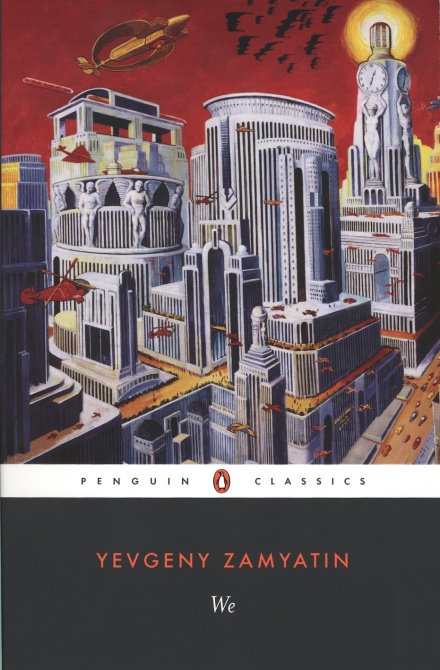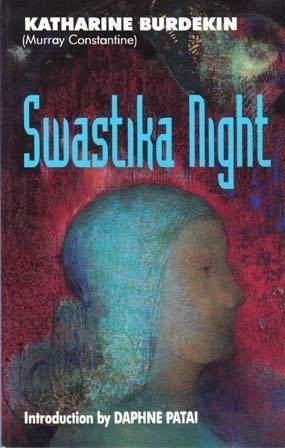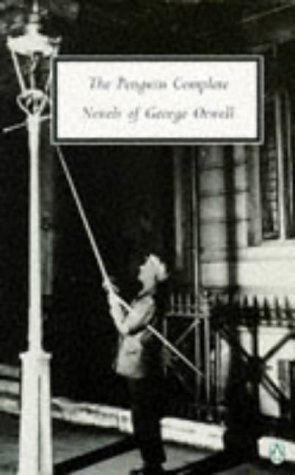
1984
Book Description
Welcome to a world where truth is a weapon and freedom is a memory. As the omnipresent Party watches every move, Winston Smith navigates a grim landscape of oppression, where love is forbidden and rebellion is a dangerous fantasy. Secrets whisper through the shadows as hope flickers in the heart of a man longing for authenticity. Allies may be enemies, and every thought could be a crime. Can one fragile spirit ignite a spark in a society determined to snuff it out? In this chilling tale of survival and defiance, what price will be paid for the truth?
Quick Book Summary
In George Orwell's dystopian classic "1984," the world is dominated by the oppressive regime of Big Brother and the Party, which exercises totalitarian control over every aspect of life in Oceania. Winston Smith, an unassuming Party worker, quietly rebels against the pervasive manipulation of truth and the stifling of individuality. He seeks meaning and love in secret, forging a forbidden relationship with Julia. As Winston attempts to join a clandestine resistance, he discovers that freedom is dangerous and trust is elusive. Ultimately, the relentless machinery of the Party crushes his rebellion, illustrating the terrifying extent of state control. "1984" stands as a profound warning about the dangers of authoritarianism, the fragility of truth, and the consequences of losing personal freedom.
Summary of Key Ideas
Table of Contents
Surveillance and Oppression
The novel is set in Airstrip One, formerly London, within the superstate of Oceania. Society is tightly monitored by the omnipresent telescreens and the dreaded Thought Police, ensuring absolute loyalty to Big Brother. Ordinary citizens live in constant fear, as both actions and thoughts can be interpreted as betrayals. Winston Smith, a low-ranking member of the Party, works at the Ministry of Truth, where his job is to alter historical records, maintaining the illusion of the Party's infallibility.
Manipulation of Truth and Language
Winston is tormented by the lies and contradictions demanded by the Party, especially the concept of doublethink—holding two contradictory beliefs simultaneously. Newspeak, the state’s controlled language, erodes free thought by eliminating words that express dissent. Through these means, the Party manipulates the very nature of reality, asserting that truth is what they decree it to be. Winston’s growing awareness of these manipulations sparks his quiet rebellion and a desperate search for authenticity.
Rebellion and Individuality
Winston's yearning for truth and freedom finds an outlet in his relationship with Julia, a fellow Party member who secretly resents the regime. Their clandestine affair kindles hope and human emotion in a world designed to stamp them out. They briefly believe they might join a larger resistance, meeting with O’Brien, a high-ranking Inner Party official who feigns opposition to the Party. Their love is depicted as both an act of rebellion and a fragile assertion of their individuality.
Psychological Control and Indoctrination
This hope is violently shattered when Winston and Julia are betrayed, arrested, and taken to the Ministry of Love. There, they are subjected to intense psychological torture aimed at destroying their independent thought and loyalty to each other. Winston endures brainwashing, culminating in the horrifying Room 101, where he is forced to betray Julia to preserve himself. The Party’s methods reveal that power is maintained through manipulation, fear, and the destruction of personal bonds.
Love and Betrayal
Winston is ultimately broken, emerging as a hollow shell who now loves Big Brother, his resistance entirely erased. "1984" ends with a chilling reminder that totalitarianism’s greatest weapon is its ability to control reality and rewire human loyalty. The fate of Winston symbolizes the crushing of the human spirit when faced with overwhelming surveillance, propaganda, and psychological control, serving as a powerful cautionary tale about the dangers of unchecked political power.
Download This Summary
Get a free PDF of this summary instantly — no email required.





